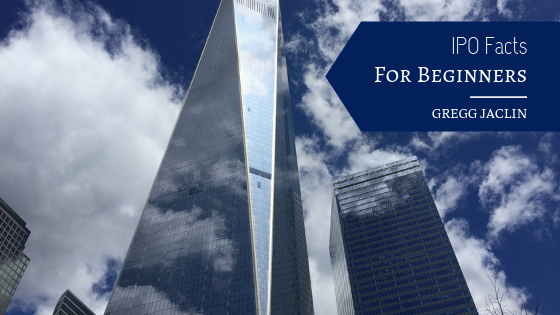As discussed in previous posts, initial public offerings pose great promise for investors. An initial public offering (IPO) is when a business takes their company public so investors can buy and sell shares of its stock on an exchange. Private corporations do not trade publicly on exchanges such as the New York Stock Exchange and the NASDAQ. Here are some facts about IPOs for beginning investors.
A Closer Look at IPOs
Most companies go public to generate more capital without taking out expensive loans from banks. Investors who buy shares of a public company are given an ownership stake. Companies will often use the money from selling shares to reinvest into the business, purchase additional equipment, or advance their research and technology departments.
Many investors who buy shares of a company during an IPO believe these shares will be worth more in the future. During an IPO, millions of dollars are at stake. IPOs of some of the most well-known companies, such as Facebook and Uber, involve millions of shares worth billions of dollars changing hands.
Taking a Company Public
When a business decides to go public, the process is not as simple as declaring they are ready for investors to start buying and selling shares. Businesses who want to go public must use the services of an investment bank. Goldman Sachs, Morgan Stanley, and JP Morgan Chase are three of the most well-known investment banks in the world. However, companies are free to choose any bank to help them go public.
The investment bank will file the necessary paperwork and receive an audit. Once the audit is complete, the company will choose an exchange where investors can buy and sell shares. Most companies also begin advertising that they plan on going public to try and spread the word to institutional investors. During this time, the company and investment bank will determine the IPO date and how many shares are available to buy and sell.
So, is it possible for the average investor to buy shares of a company during its IPO? Unfortunately, typical investors usually have to wait until the company has traded on a public exchange for a while. Most companies, especially large companies, reserve their initial shares for institutional investors. Still, for investors who are new to IPO investing, it is wise to understand the process, benefits, and risks of buying shares in these circumstances.

